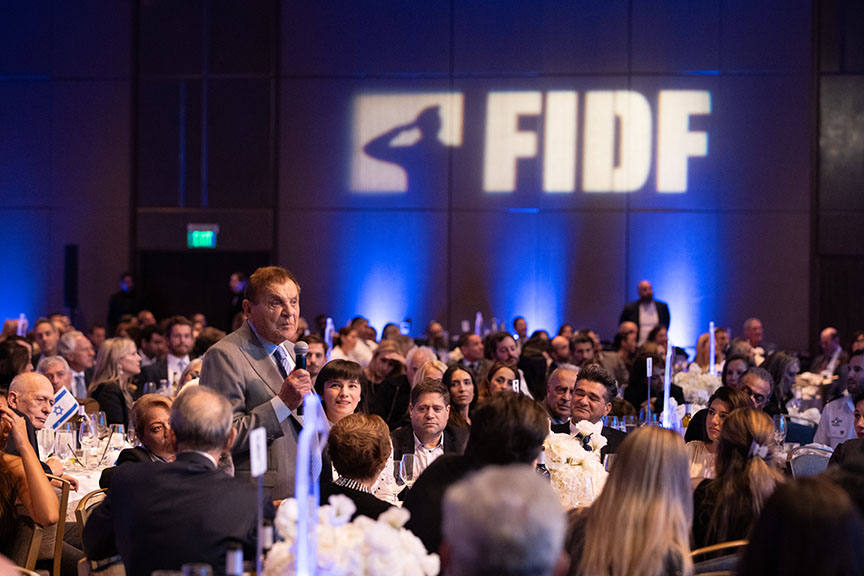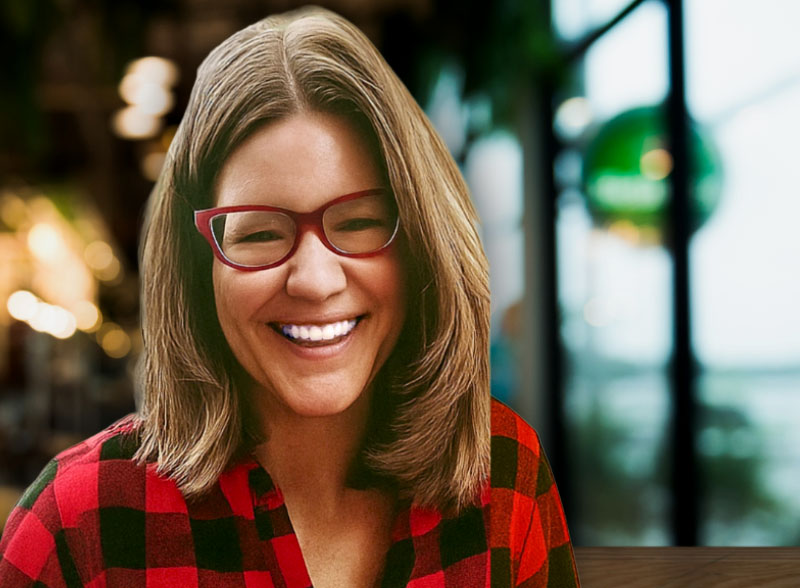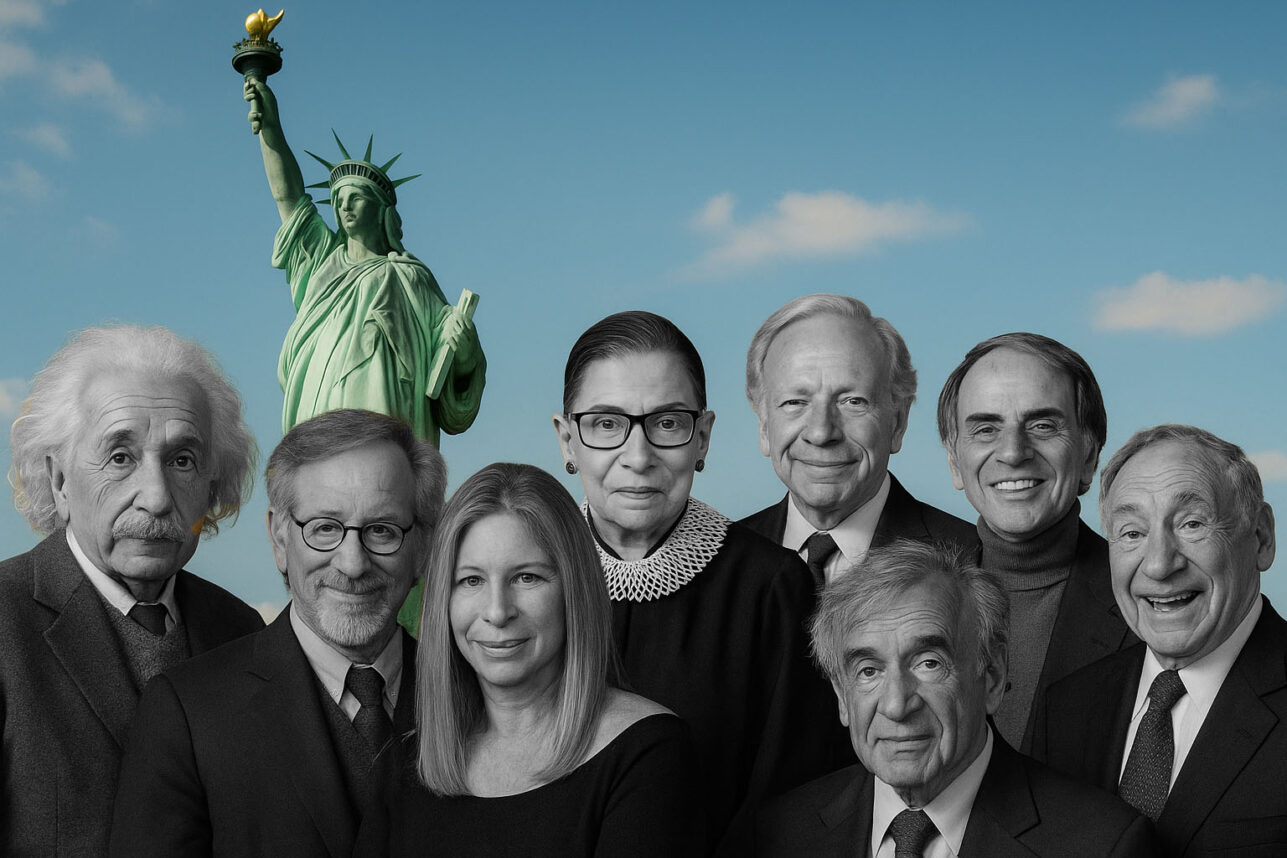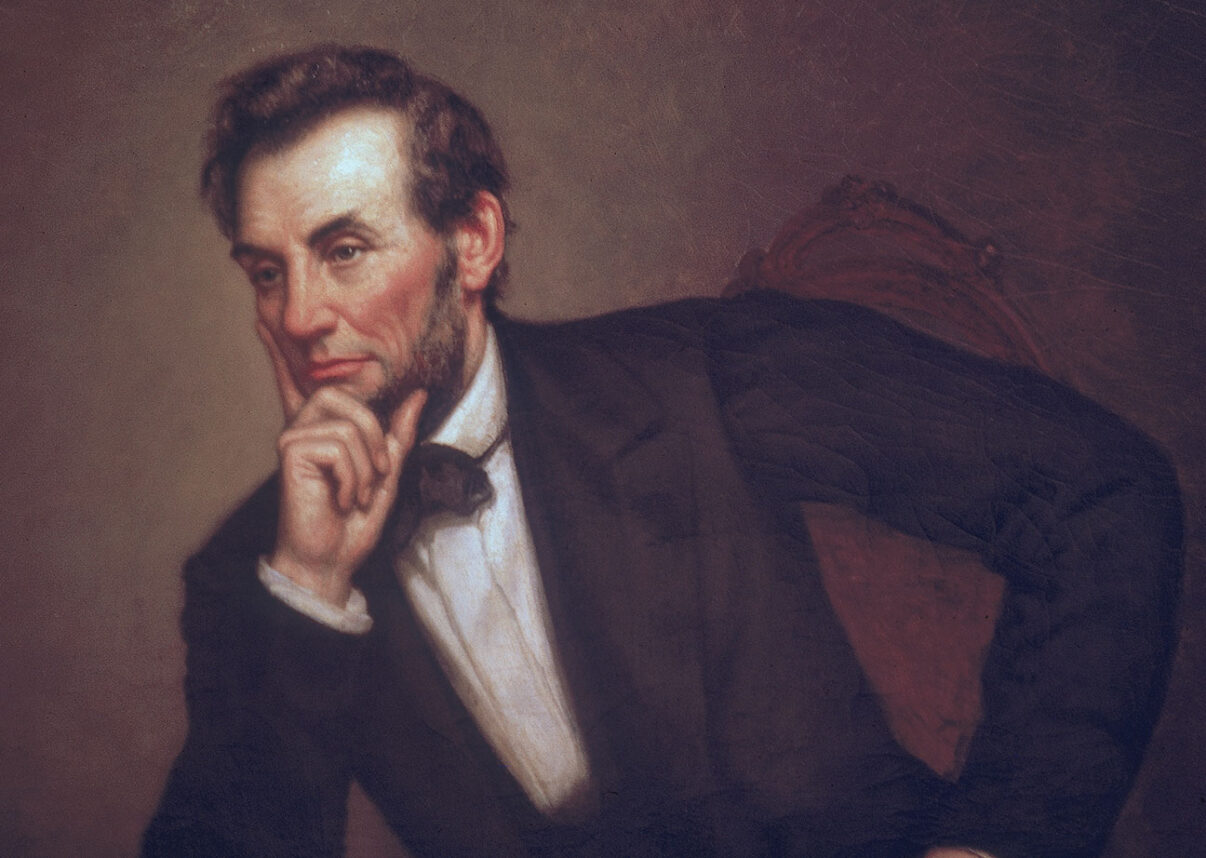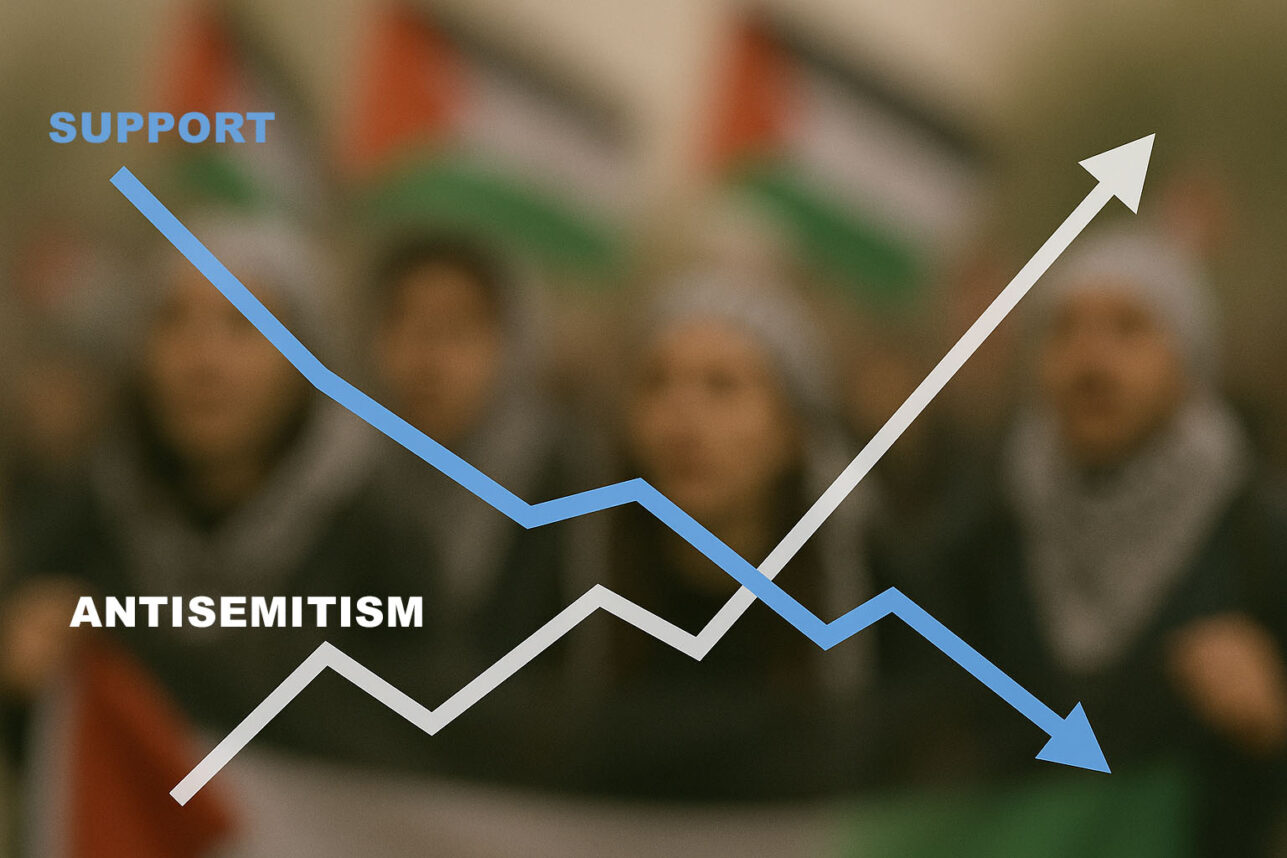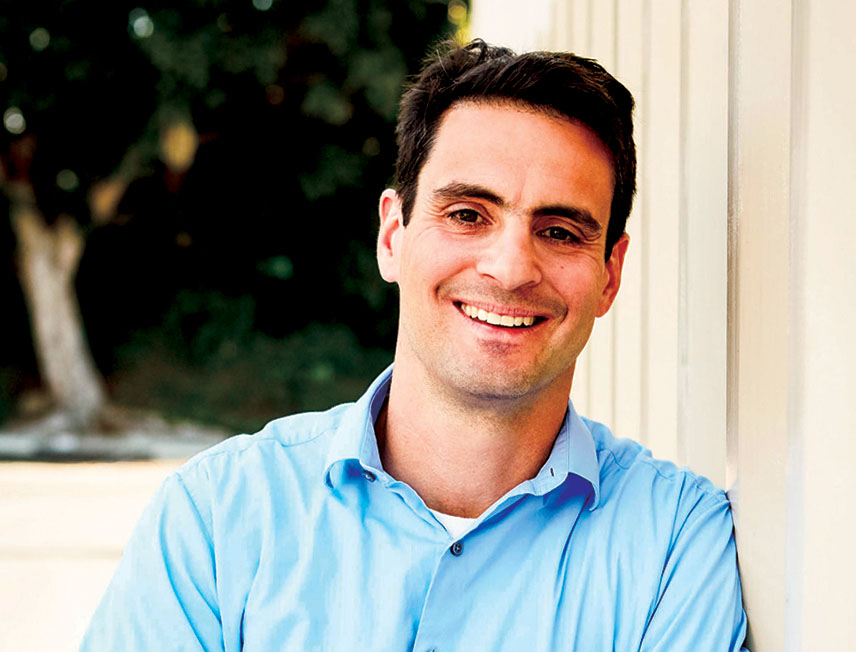
“Buy Now, pay later” (BNPL) has long been a part of retail culture, but in the past few years, it’s taken on a new life in the fintech world. Arad Levertov had a bold idea: making everyday essentials more affordable through responsible lending. That idea became Sunbit, a BNPL platform designed not for impulse shopping, but for real-life necessities — such as dental care, auto repairs, and vision services. Nearly a decade later, Sunbit is a nationwide success story, approving 90% of applicants and partnering with nearly 30,000 merchants.
I sat down with Levertov, who was recently named Ernst & Young’s 2025 Entrepreneur of the Year for Greater Los Angeles, to discuss what led him to launch the company and what sets Sunbit apart in a crowded market.
Levertov, who was born and raised in Neve Monosson, Israel, co-founded Sunbit in 2016 alongside Tal Riesenfeld, Ornit Dweck-Maizel, and Prof. Tamir Hazan. The company has developed a proprietary AI-based technology that enables instant financing at the point of sale — without fees or hidden costs. Today, Sunbit helps millions of Americans afford dental care and automotive repair.
“When I first founded the company, I reached out to Tal, who I’ve known since we were kids, and asked him to join me,” Levertov said. “We each invested $100,000 and started working. In the beginning it was very difficult to find customers and investors who believed in us.”
With persistence and grit, the founders slowly gained traction. In the past year alone, Sunbit secured backing from major financial institutions including JPMorganChase, Citi and Ares Management. It currently holds over 50% market share in the sectors it serves and employs 550 people — about 120 of them based in Israel.
The concept behind BNPL was reintroduced during the pandemic, a period marked by widespread job losses and economic instability. Consumers who needed financing often turned to BNPL providers, which offered flexible payment options without the high interest rates of traditional credit cards or the barriers of bank loans. “Not everyone gets approved for a bank loan,” Levertov pointed out.
Sunbit’s model allows customers to access affordable, personalized installment plans.
“Let’s say a mother brings her son to the dentist, and the treatment costs $1,500,” Levertov explained. “She can’t afford it, and she was never approved for a credit card or a loan. What we offer is six equal, interest-free payments. The provider — the dentist in this case — pays the fee. It’s still better for them than losing a customer. Thanks to Sunbit, that child gets the treatment he needs.”
“The market is huge,” Levertov continued. “That’s why we keep going and growing. Today we have over 4 million customers and nearly 30,000 partner locations.”
While Sunbit isn’t the only player in the BNPL space, Levertov believes the company’s philosophy sets it apart. “What drives us is remembering the people behind the numbers,” he said. “When I read customer reviews saying we helped someone fix their car so they could get to work — that’s what motivates me. That’s where I find the most satisfaction.”
The EY award ceremony took place shortly after the war with Iran erupted, adding emotional weight to Levertov’s acceptance speech. “I’m deeply honored to receive this recognition as EY’s Entrepreneur of the Year, especially in these complex times,” he said. “Sunbit’s success is thanks to many people — our investors, our employees, our families, our partners, the 27,000 store managers we work with and the millions of customers who’ve placed their trust in us.”
Levertov, who immigrated to the U.S. in 2008 after completing his studies in Israel, arrived with his wife Dana and their 18 month-old twins to pursue an MBA at Duke University.
“I thought I had a strong entry ticket — military service in the Navy’s elite unit and a job at Intel — but no one wanted to hire me,” he said. “I interviewed for positions I could have done in my sleep, but employers always chose American candidates who understood the local nuances better than I did.”
His defining moment as an immigrant came two years later.
“I tried to get a Costco credit card,” he recalled. “I filled out the forms, answered all the personal questions — and I was rejected because my credit history wasn’t detailed enough. It was unpleasant — even humiliating — and it played a big role in why I started Sunbit.”
He became intrigued by the concept of BNPL especially after noticing that Americans were traditionally used to paying in installments only for large purchases like homes and cars. But by 2005, the model began expanding to include online shopping and smaller consumer goods.
“The shift we made was applying BNPL to the tough stuff — unexpected expenses like auto repairs, dental care and eyeglasses,” he said. “A woman who had to make monthly payments of just $20 or $30 once called us saying she would be paying a couple of weeks late. When we told her there’s no problem and there would be no late fee — though after 30 days we’re required to notify the credit bureaus — she cried with relief.” Unlike bank loans or credit cards which you have to pay in time or you’ll be penalized for late payment, Sunbit doesn’t charge for them.
Levertov and his wife have four children — the two youngest, ages 15 and 12, were born in the United States. The entire family has been involved in Sunbit. “My wife, who is an educational psychologist, worked as a recruiter for four years, and the children have volunteered and contributed to the company,” he said. “It’s more than just a workplace — it’s a life project.”
In January of this year, the family’s home in Pacific Palisades was destroyed in a fire. They have since relocated temporarily to Marina Del Rey while they rebuild.
When asked what advice he would give to aspiring entrepreneurs, Levertov said: “Don’t be afraid to dream big and jump into the water. Don’t start something with the mindset of making a quick exit. Work hard to build something meaningful — something that can change the world.”















